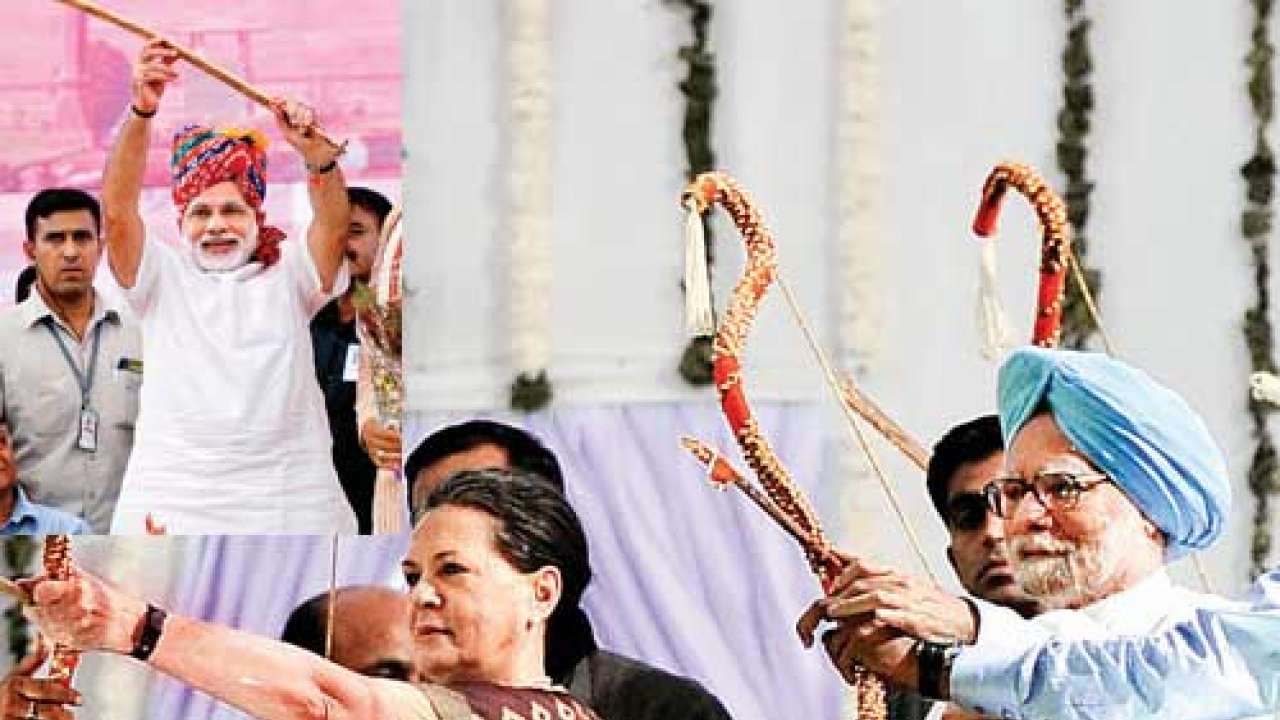
Whether opinion polls can adversely or positively impact politicians or political parties remains a contentious issue. The jury is still out on that one, even as a debate rages about the continuance of such polls. However, in the light of my own experience spanning more than two and half decades as a journalist, I can unambiguously assert that after the election-notification is out, the publication or telecast of opinion polls exhibiting the popularity or standing of candidates, goes against the grain of good journalism. It’s a well-known fact that most opinion polls over the past two decades have failed to establish their credibility.
It’s worth considering that in most election surveys in India, victory or defeat of candidates and the number of seats garnered by parties eclipse issues of real concern. The few survey agencies that dwell on pertinent issues are given the short shrift by media. Our election reporting has taken a severe hit since the Indian media has become preoccupied with opinion polls. The most disquieting aspect is that not only do these polls have the power to influence voters, but they also influence the stance, perception and outlook of journalists. Hence, it can be argued that these polls are an assault on democracy, besides damaging journalism.
We have never had a rich tradition of election reporting among news channels, but in print media, election coverage has always been extensive. Most reputed newspapers have stayed faithful to this tradition. If elections are a carnival for people to celebrate democracy, then elections have also come to occupy their distinctive place in the print media. During elections, newspaper reporters and photographers are sent to far-flung areas to assess public opinion and highlight local issues and concerns. This generates a dynamic dialogue and debate between people and the political party representatives — the media becoming an important interface in such interactions. The ground reports bring to public attention the state of governments and political parties, often forcing them to alter their election strategies and programmes. Newspapers with such extensive election coverage have been lauded for their stellar work.
In the wake of opinion polls, however, the rich tradition of ground reporting has lost its sheen. Not to mention the practice of ‘paid news’, which has dealt a huge blow to fair and impartial reportage. Amid the plethora of opinion polls it has become increasingly difficult to distinguish the ones conducted with professional acumen guaranteeing authenticity, from those driven by profit motives. It has to be stressed that there’s a dearth of authentic surveys. Few organizations are engaged in such painstaking work of collecting authentic data and conducting genuine surveys with a measure of competence.
If we take stock of the past few years we can easily infer how the telecast or publication of such surveys influences the course of discussions in television studios. Studio discussions remain focussed on survey figures with little or no mention of reports from the ground. These days, newspapers too are not left untouched by the flurry of poll surveys. At times newspapers collaborate with news channels in conducting such polls. The result: ground reports of reporters from remote areas dealing with real concerns of people become extraneous to discussions and debates. Sending reporters out on poll coverage, in such a context, tends to be perceived as nothing but a monetary drain on management. Media establishments, which focus on survey-based election coverage, spend hefty sums on agencies executing poll surveys for them.
As a result, expenditure on reporters going out for stories is considered pointless. Generally, reporters or journalists of media groups remain at the channel’s operation centres or their publication centres and cover briefings and counter-briefings of politicians. Or they are instructed to analyse the survey findings. At best, they travel with politicians, thereby saving money for their respective organisations. Of late, the tendency to put together programmes focussing on the lives of politicians, their prospects of becoming Chief Minister or Prime Minister, have been privileged over grassroots reporting on issues. Such personality-driven programmes do not provide a forum for journalists and the public to deliberate and exchange views.
The journalists, too, are left without gaining insights into the complexities of regional issues, people’s concerns, society and culture. None of this adds to journalistic proficiency, which in the process becomes superficial.
India’s young democracy cannot follow in the footsteps of England or America on every issue. We cannot remain oblivious to our own realities and demands — which is why, we have to frame our own code of conduct according to our own needs. In this context, forbidding opinion polls after the election notification by election commission appears to have some validity. This will not help only political parties and voters, but also our media. To call these opinion polls a manifestation of freedom of expression is entirely futile since it aligns with the argument that even ‘paid news’ and ‘paid surveys’ are nothing but freedom of expression.
In April 2004, a consensus was drawn among different political parties for banning such surveys and opinion polls but now several of them have changed their viewpoints. The only middle-path that emerges from this situation is that after the election notification, surveys that put out figures on prospective seats to be won by political parties or an index of popularity of candidates should be eschewed. While surveys that delve deeper into the lives of the people, expose social and economic fault lines should be encouraged and endorsed. Journalism, no doubt, will gain from this.
The author is a senior journalist. Views expressed are personal